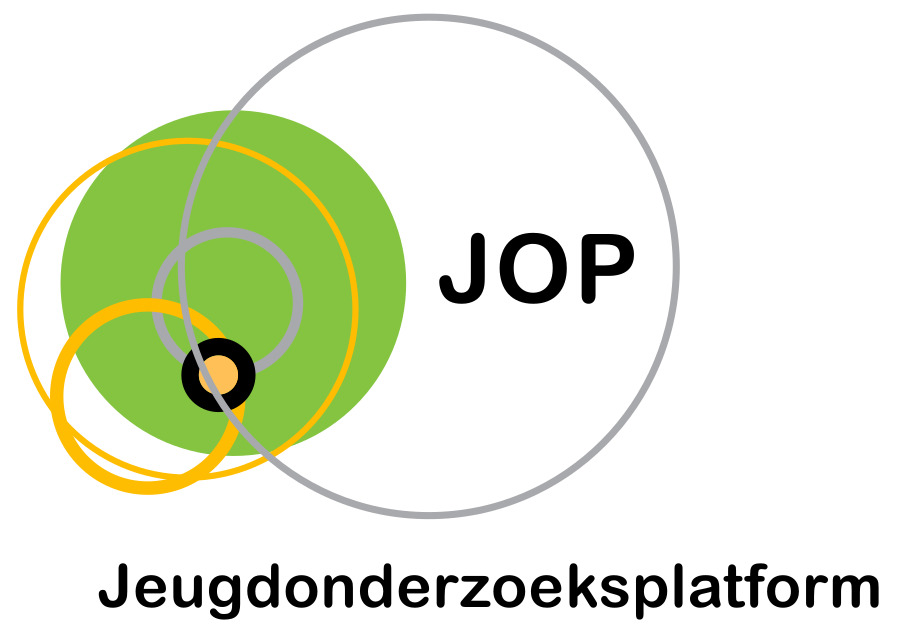Non-suicidal self-injury and its association with identity formation in India and Belgium: A cross-cultural case-control study.
Auteurs
Gandhi, A., Luyckx, K., Adhikari, A., Parmar, D., Desousa, A., Shah, N., Maitra, S., & Claes, L. (2021)

Abstract
Het doel van de huidige studie was om verschillende kenmerken van niet-suïcidale zelfverwonding (Non-Suicidal Self-Injury – NSSI) in India en België te vergelijken. We onderzochten ook of de sterkte van de associatie tussen NSSI en verstoringen in identiteitsvorming – een risicofactor die kwetsbaarheid voor NSSI kan verhogen – gelijkaardig was bij jongvolwassenen uit India en België. Gegevens over NSSI en identiteitsvorming werden verzameld bij 182 jongvolwassenen in India (56% vrouwen, gemiddelde leeftijd = 21,5 jaar, SD = 3,70, range = 17-38 jaar). De Belgische gegevens die voor de matching werden gebruikt, waren afkomstig van vier bestaande datasets. Van de 182 Indiase gevallen konden 138 gevallen worden gematcht met de Belgische steekproef op leeftijd, geslacht en prevalentie van NSSI in de loop van hun leven. De levenslange prevalentie van NSSI in de Indiase steekproef bleek ongeveer 21,4% te zijn, met een hogere prevalentie bij vrouwen dan bij mannen. Uit een vergelijking van de kenmerken van NSSI in India en België bleek dat de leeftijd waarop NSSI begon hoger was in de Indiase steekproef (ongeveer 17 jaar) dan in de Belgische steekproef (ongeveer 15 jaar). Bovendien werd in India vaker self-bruising gedrag gerapporteerd en werd in België vaker krabben/snijden gerapporteerd. Ten slotte rapporteerde de Belgische steekproef vaker intrapersoonlijke functies van NSSI dan de Indische steekproef. Moderatie-analyse gaf aan dat de associaties tussen NSSI en identiteitsverwarring/integratie sterker waren in de Belgische steekproef in vergelijking met de Indiase steekproef. Hogere zelfkennis was beschermend tegen NSSI in zowel de Indiase als de Belgische steekproef.
The aim of the present study was to compare different features of Non-Suicidal Self-Injury (NSSI) in India and Belgium. We also explored whether the strength of the association between NSSI and disturbances in identity formation—a risk factor that can increase vulnerability to NSSI—was similar in young adults from India and Belgium. Data regarding NSSI and identity formation were collected from 182 young adults in India (56% females, mean age = 21.5 years, SD = 3.70, range = 17–38 years). The Belgian data used for matching were derived from four existing datasets. Of the 182 Indian cases, 138 cases could be matched with the Belgian sample on age, gender, and lifetime prevalence of NSSI. Lifetime prevalence of NSSI in the Indian sample was found to be around 21.4%, with higher prevalence in females than in males. Comparison of features of NSSI in India and Belgium indicated that the age of onset of NSSI was higher in the Indian sample (around 17 years) than the Belgian sample (around 15 years). Additionally, self-bruising behavior was more commonly reported in India and scratching/cutting was more often reported in Belgium. Finally, the Belgian sample reported intrapersonal functions of NSSI more often than the Indian sample. Moderation analysis indicated that the associations between NSSI and identity confusion/integration were stronger in the Belgian sample compared to the Indian sample. Higher self-knowledge was protective against NSSI in both the Indian and the Belgian sample.
Referentie
Gandhi, A., Luyckx, K., Adhikari, A., Parmar, D., Desousa, A., Shah, N., Maitra, S., & Claes, L. (2021). Non-suicidal self-injury and its association with identity formation in India and Belgium: A cross-cultural case-control study. Transcultural Psychiatry, 58(1), 52–62.
Taal
Engels
Publicatievorm
Tijdschriftartikel
ISBN – DOI
https://doi.org/10.1177/1363461520933759
